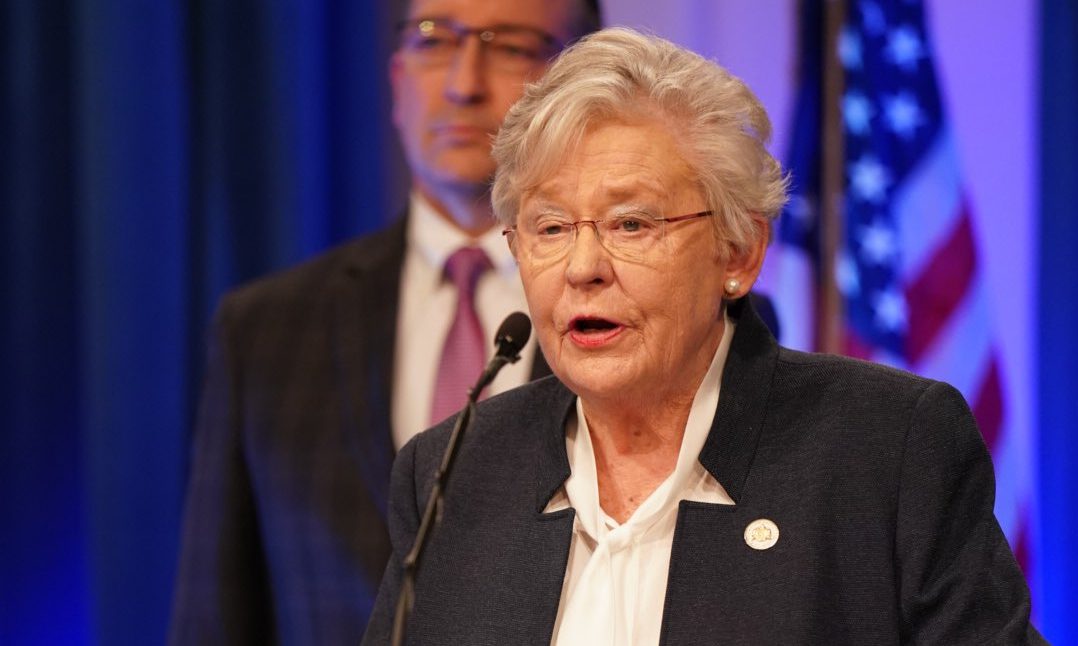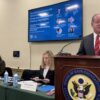Gov. Kay Ivey on Monday issued an order for parole hearings to resume after the Bureau of Pardons and Paroles suspended hearings last month amid the COVID-19 crisis.
The Bureau in a statement Monday said hearings are to resume the week of May 18. The month-long delay before hearings resume has worries some who say the virus could spread quickly in prisons.
Ivey’s proclamation Monday allows for people who want to express their views on a particular person or parole hearing, whether a crime victim, an officer or someone else, to do so through mail or email. State law had allowed those persons to appear in person at hearings.
“The health, safety and well-being of all Alabamians is paramount during this evolving health pandemic. It is vitally important we keep Alabama’s criminal justice system functioning for the good of public safety,” Ivey said in a statement. “As we continue evaluating our efforts throughout this process, we have worked diligently to ensure efficiency and continuity of critical government services by allowing for virtual meetings. I appreciate the Board of Pardons and Paroles for collaborating with my Office to ensure we continue their important work.”
In statements on Twitter the Bureau has said that hearings couldn’t resume following Ivey’s March 13 order regarding COVID-19 related closures due to the state’s open meetings act.
Rep. Chris England, D-Tuscaloosa, in numerous tweets last week called on the bureau to restart parole hearings.
England pointed out in tweets to the bureau that Ivey’s March 18 order allows state government bodies to “establish a quorum, deliberate, and take action- by means of telephone conference, video conference or other similar communications equipment” in light of the COVID-19 pandemic.
ACLU of Alabama in a statement Monday urged the bureau to restart hearings sooner.
“We are glad to see the Governor and parole bureau move to resume parole hearings. However, the delay between now and May 18 leaves thousands of prisoners, corrections officers, and surrounding communities vulnerable to exposure and spread of COVID-19,” said ACLU of Alabama director Randall Marshall. “Furthermore, when hearings do resume, it is vitally important that the parole board hold more hearings and grant more paroles than they have been granting: their previous fiscal year average of 22 grants per month is unconscionable during this current public health crisis.”



















































